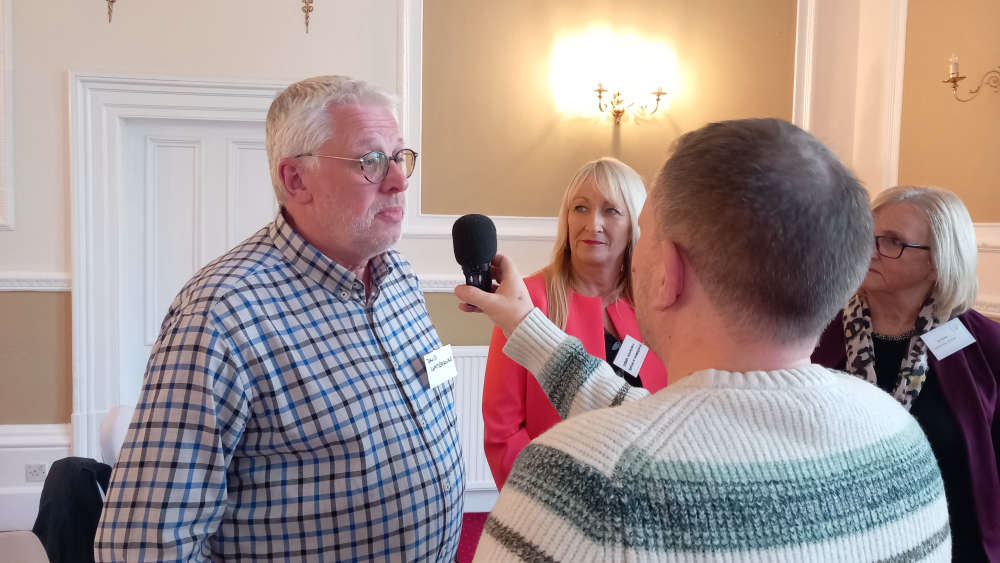
Yorkshire Water has donated a number of Smart Water Butts and SuDs planters to Ashlands Primary school, Ilkley, where pupils are learning about the role that Sustainable drainage systems (SuDS) can play in slowing the flow.
Students across the school attended a number of workshops about water and the environment, led by Groundwork and BioScapes, to find out how SuDS planters can support biodiversity.
Mark Gregory, project manager, Yorkshire Water said:
“Working with our partners, Groundwork Yorkshire, and BioScapes, we have installed four SuDS planters at Ashfields Primary School. These are taking rainwater from the school roof and slowing the flow to help stop the sewer system being overwhelmed during prolonged and heavy rainfall.
“The workshop sessions at the school illustrated how Smart Water Butts and SuDS can slow the flow, improve filtration and enhance local biodiversity, as well as the need to protect and conserve our water. Recent workshops with pupils at Ashlands Primary School explained that the planters can also create a habitat that provides a home to bees, bugs and other invertebrates, as well as other wildlife and plants.”
The planters are part of a larger Smart Wastewater Networks project by Yorkshire Water that included the installation of 150 smart and leaky water butts to local residents in and around Ilkley and Ben Rhydding. This scheme enabled Yorkshire Water to "slow the flow" of surface water into its wastewater network, and help reduce surface water flooding, working with residents and the local community to test the technology.
The Smart Water Butts pilot project included 50 smart water butts, 20 semi-smart water butts and 70 leaky butts at residential properties in Ilkley and Ben Rhydding. Yorkshire Water worked closely with suppliers, PSI Technologies and Stormharvester, to develop a low-cost smart water butt.
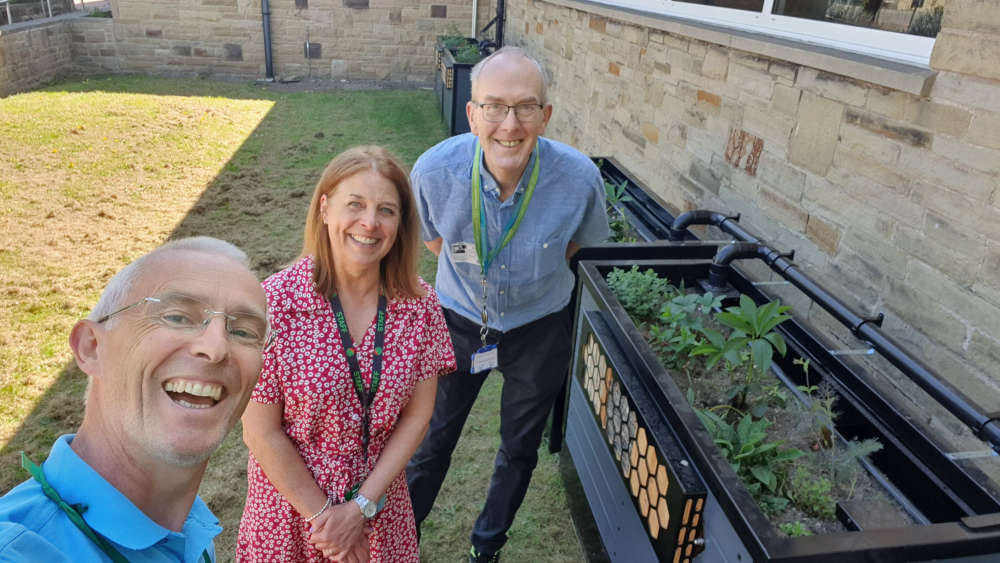
Terry [BioScapes], Kate [Ashlands Primary] and Mark[Yorkshire Water]
This pilot has proved that the smart water butts can be slowly drained ahead of forecasted heavy rain. This has enabled each empty butt to absorb up to 220 litres of water and help slow the flow into the wastewater network. In turn, this helps Yorkshire Water reduce instances of CSO spills, pollution events and flooding.
The conclusion of the pilot has led to valuable insights into the installation, maintenance and performance of smart water butts that will inform future projects and help Yorkshire Water to refine its approach to managing stormwater and improving network resilience.
Yorkshire Water recently completed a £900,000 project in Ben Rhydding to reduce the number of discharges into the river Wharfe from a storm overflow has completed, helping to improve the quality of the watercourse. The project was part of the utility’s £180m scheme to reduce storm overflows to rivers and coastlines by April 2025.
Over the next five years, Yorkshire Water will implement its largest ever environmental investment of £8.3bn to improve infrastructure focussing on issues we know our customers really care about such as:
-
£1.5 billion to reduce storm overflows into the region’s watercourses
-
£360 million to prevent nutrient pollution in watercourses
-
£327 million rolling out smart meters to help customers save water and reduce their bills
-
£51 million to increase asset resilience
-
£98 million to install water quality monitors in rivers so we can identify and respond to pollution reports quicker
-
£75 million for environmental protection and improvements
-
£99 million to improve drinking water quality



 Yorkshire residents needed to for new series of BBC's Race Across the World
Yorkshire residents needed to for new series of BBC's Race Across the World
 Meet your Neighbourhood Policing Team this week in Ilkley
Meet your Neighbourhood Policing Team this week in Ilkley
 What's on at Ilkley playhouse?
What's on at Ilkley playhouse?
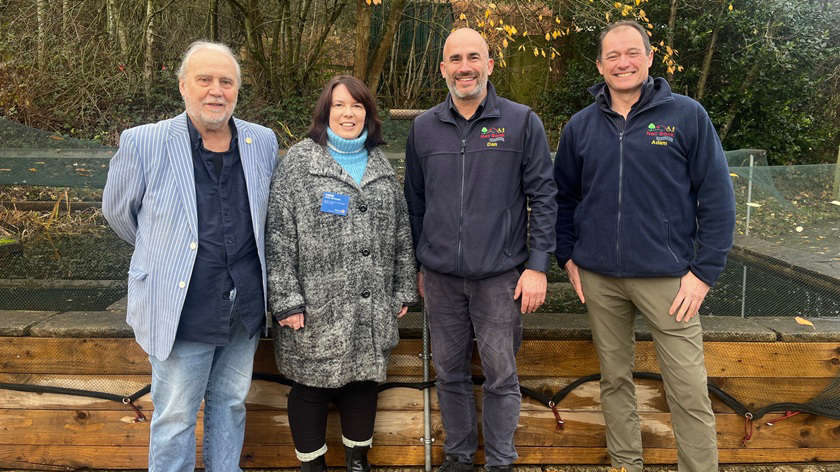 Rotary backs Nell Bank with £5k pond upgrade and appeal launch
Rotary backs Nell Bank with £5k pond upgrade and appeal launch
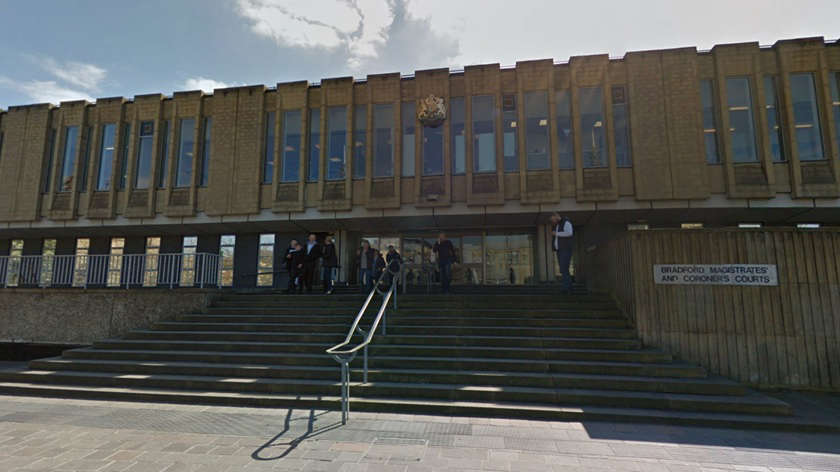 Arrest warrant issued for disqualified Ilkley businessman alleged to be in induced coma
Arrest warrant issued for disqualified Ilkley businessman alleged to be in induced coma
 Larger venue needed for literary duo event
Larger venue needed for literary duo event
 Dates confirmed for the 2026 Lexus Ilkley Open
Dates confirmed for the 2026 Lexus Ilkley Open
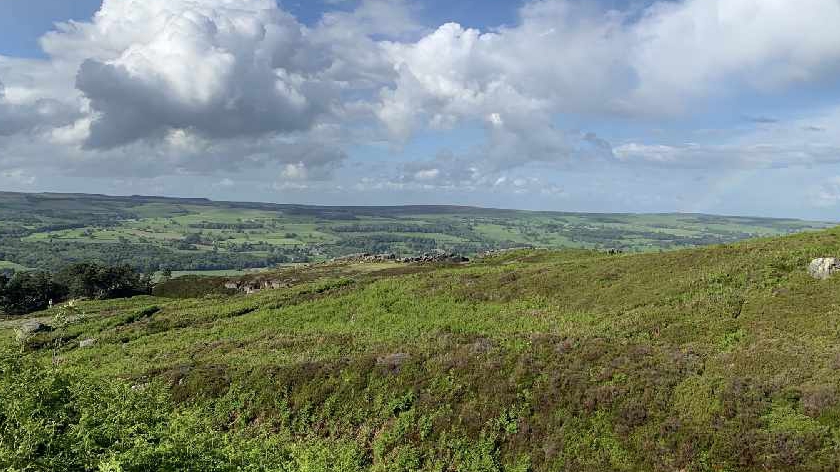 One of the "Seven Wonders of the World" on our doorstep
One of the "Seven Wonders of the World" on our doorstep
 Questions raised over Ilkley 20mph scheme validity
Questions raised over Ilkley 20mph scheme validity
 Passenger Transport Services (PTS) will not operate tomorrow due to weather warnings
Passenger Transport Services (PTS) will not operate tomorrow due to weather warnings
 Council launches major consultation on housing
Council launches major consultation on housing
 Appeal after stolen van in Ilkley
Appeal after stolen van in Ilkley
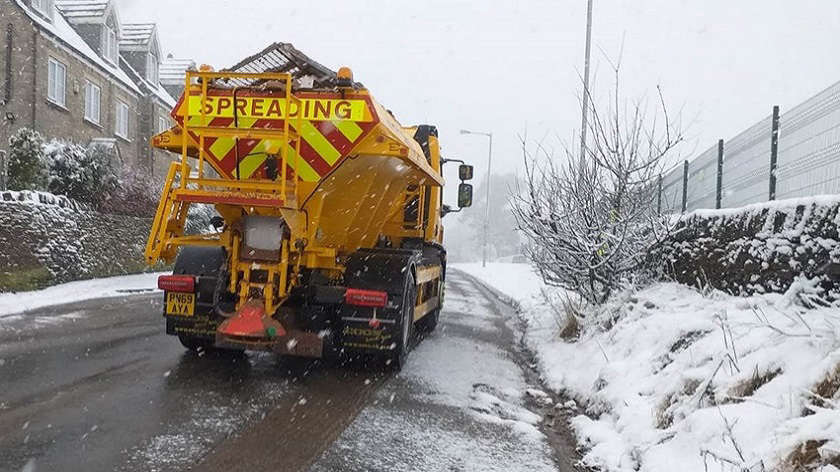 Storm Goretti: Yellow weather warning for snow in Ilkley
Storm Goretti: Yellow weather warning for snow in Ilkley
 Acquisition will enhance Ilkley based SmartSearch services
Acquisition will enhance Ilkley based SmartSearch services
 New Cancer Support Group for Ilkley
New Cancer Support Group for Ilkley
 Almost 200 Airedale Hospital workers to go on strike over pensions
Almost 200 Airedale Hospital workers to go on strike over pensions
 Ilkley Colts stand out in new kit thanks to sponsors
Ilkley Colts stand out in new kit thanks to sponsors
 New Ilkley English tutoring service helps students thrive
New Ilkley English tutoring service helps students thrive
 Changes to parking charges in Ilkley Town Centre
Changes to parking charges in Ilkley Town Centre
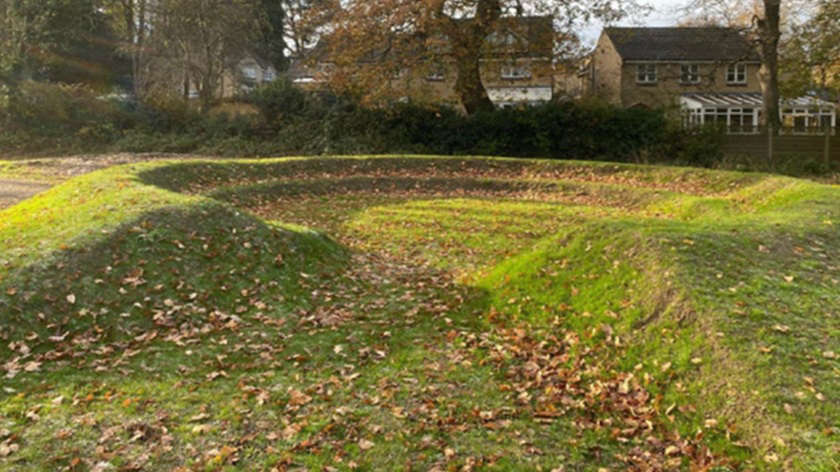 Retrospective "amphitheatre" plans by Burley Oaks
Retrospective "amphitheatre" plans by Burley Oaks

